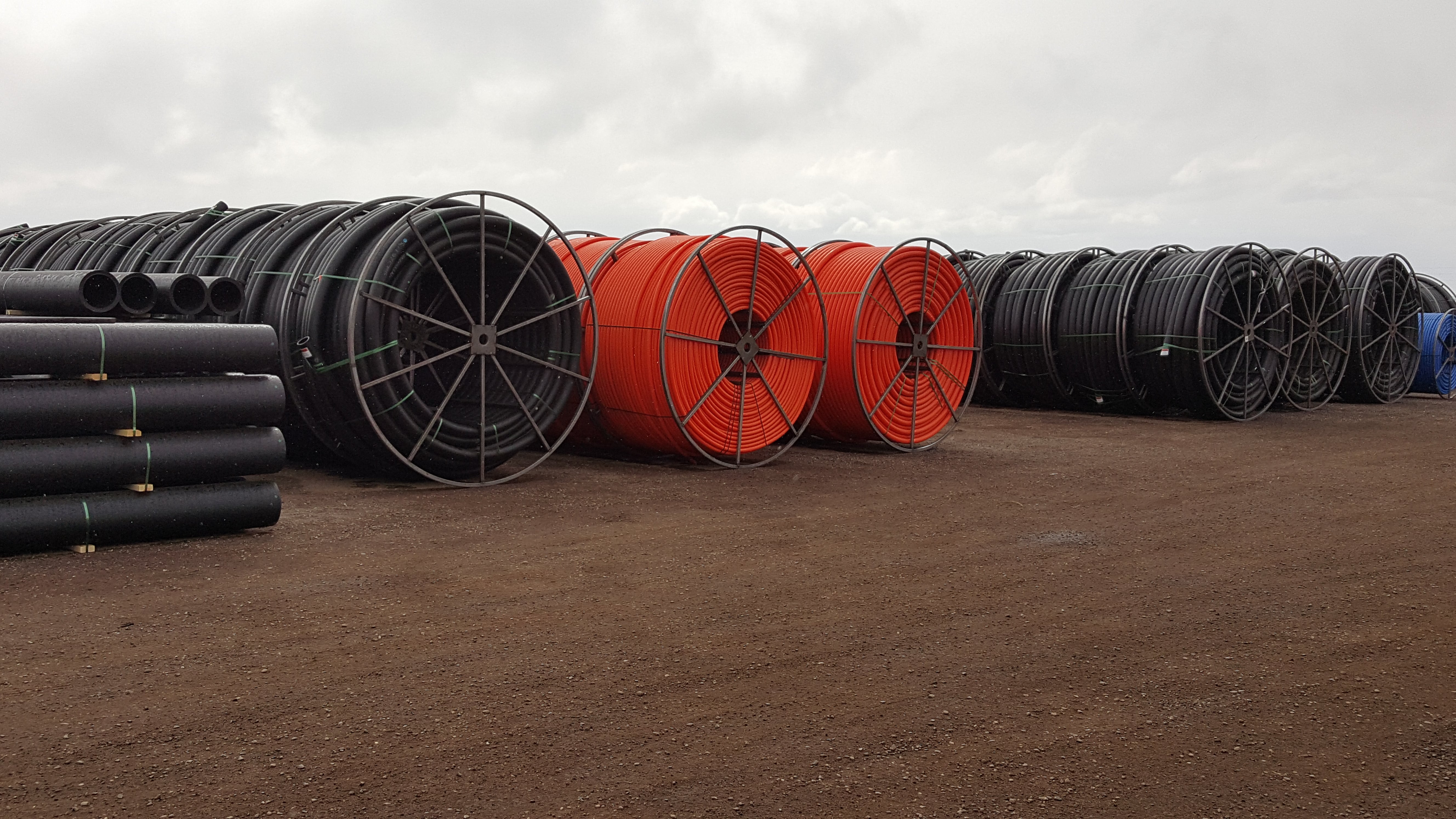One of the lesser known facets of The Coronavirus Aid, Relief, and Economic Security Act, also known as the CARES Act, is how it is providing funding to expand America’s broadband capability. The CARES Act is a $2.2 trillion economic stimulus bill signed into law on March 27, 2020 in response to the economic fallout of the COVID-19 pandemic in the United States.
The CARES Act provides fast and direct economic assistance for American workers and families, small businesses, and preserves jobs for American industries. The four general segments include:
- Assistance for American Workers and Families
- Preserving Jobs for American Industry
- Assistance for Small Businesses
- Assistance for State, Local and Tribal Governments
Prior to the CARES Act, in December of 2019, the Rural Utilities Service, a Rural Development agency of the U.S. Department of Agriculture, published a Funding Opportunity Announcement and solicitation of applications for the Rural Development Broadband Reconnect Program in the Federal Register.
Section 11004 of the CARES Act provides an additional $100 million for ReConnect grants to prevent, prepare for and respond to coronavirus. The additional funding remains available until September 30, 2021.
A recent AVL Communications Law blog states that as of June 25, 2020, the USDA, through its ReConnect program has awarded more than $744 million in funds to support more than 80 broadband projects benefiting more than 430,000 rural residents in 34 states. Some examples the ReConnect program has made to expand the nation’s fiber network include:
- In rural Georgia, DoveTel Communications, LLC received a $12.5 million grant to deploy a fiber-to-the-premises network to connect 7,348 people, 121 farms, 15 businesses, four fire stations, and one elementary school to high-speed broadband Internet in Heard, Troup, and Carroll counties.
- In rural Mississippi, Tallahatchie Valley Electric Power Association received a $16 million grant to deploy a fiber-to-the-premises network to connect 2,082 people, 331 farms, 32 businesses, a post office, and six fire stations to high-speed broadband Internet in Yalobusha, Tallahatchie, Panola, Grenada, and Quitman counties.
- French Broad Electric Membership Corporation received a grant of $3,231,412 to deploy a fiber-to-the-premises network to connect 4,056 people, 189 farms, 64 businesses, and two fire stations to high-speed broadband Internet in southwest Madison County in western North Carolina.
- Easton Utilities Commission in rural Maryland has received a $13.1 million ReConnect Pilot Program to deploy a fiber-to-the-premises network that will connect 8,607 people, 144 farms, 183 businesses, eight educational facilities, and one nursing home to high-speed broadband Internet in Talbot County.
- Pioneer Telephone Cooperative of Oklahoma received a $24.2 million grant to deploy a fiber-to-the-premises network that will connect 4,480 people, 595 farms, 44 businesses, and two fire stations to high-speed broadband Internet in Blaine, Dewey, Ellis and Kingfisher counties.
- Cimarron Telephone Company of Oklahoma will receive a $5.4 million grant to deploy a fiber-to-the-premises network that will connect 746 people, 107 farms, and three businesses to high-speed broadband Internet in Pawnee and Osage counties.
United Poly Systems can advise telecom companies and distributors how to implement grant award monies for the best possible broadband solution. A main application of our HDPE pipe is conduit to protect the fiber cable over the lifetime of the product. Made at two locations in the United States, our HDPE can be manufactured and delivered quickly to help start expanding the country’s broadband infrastructure.
In addition, we supply microducts and micro-cabling as an economical option to traditional cabling products. MicroPath™ our exclusive microduct piping system is ideal for reducing network building, construction and reinstallation costs. Microducts and micro-cabling offer an alternative and less expensive option to rebuild, enhance and improve data pathways for increased data demand. Together, they represent a technological step-change for updating and enhancing the country’s existing and aging communications infrastructure.
About United Poly Systems
United Poly Systems produces quality HDPE pipe in diameters from ¾-in. to 26-in. IPS and 4-in. to 24-in. DIPS for use in many industries including telecommunications, power utility, water, electrical and oil and gas. The market for HDPE pipe continues to expand as initiatives to improve, repair and expand the country’s infrastructure are implemented.
Our off-the-shelf HDPE conduit/pipe is available in a variety of sizes, colors, dimensions and lengths, with or without stripes. We also offer fully customizable HDPE conduit options. In addition, piping can be customized with a ribbed interior (to maximize the distance cable may be pulled or jetted), pull tape, or a lubricated interior (for easier installation).
Success at UPS can be attributed to our vast experience, extensive client relationships, state-of-the-art manufacturing and quality processes. Our agile business model that allows UPS to quickly meet customers’ needs without the overhead expenses that are incurred by many of the larger producers in the industry.
Conveniently located in Springfield, Missouri and Albuquerque, New Mexico, United Poly Systems can provide quick delivery to a majority of the U.S. market

